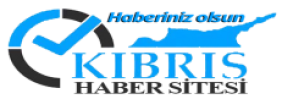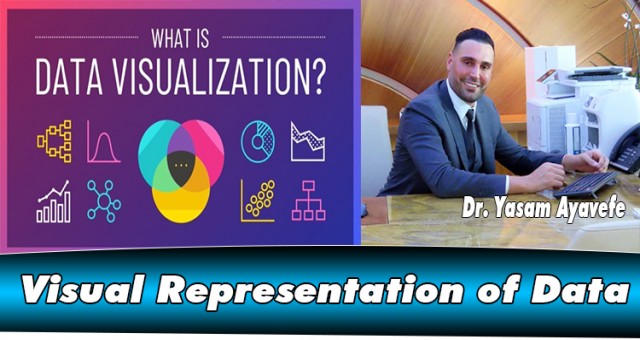The proliferation of measuring devices capable of automatically capturing several million indicators in real time on any physical phenomenon contributes to this huge body of data that makes up what has been termed "Big data".
The quantitative difference here, however, includes difference in the way information is presented, and particularly in such a way that it cannot be grasped by reading. It requires changes in the way it produces visual representations of audiences.

It suggests data visualization, new scenarios and collaboration of information analysts (statisticians, data managers), graphic designers and Web experts.
Profession Avatars
At every stage of technological transformation, there are forerunners, supporters and opponents. In the socio-style fashion that was in vogue in the 1980s, we will identify three possible profiles here.
➢ Classics. They argue that all current movement around data is an extension of their previous activities. They are occupations inherent in their practice, often following the normal developments associated with the evolution of tools.
Statisticians and computer scientists thus have more computing power, different processing paradigms, new ways of working while continuing to practice the same profession. Here denominations classical, social and professional functions remain constant.
➢ Mutants. For other professions, the changes are not just in continuity with current situations. They contribute to changing the framework of activity and significantly changing the ways of doing things and the goals of action.
In terms of technical action, indexing a document or tagging an XML page does not represent fundamental differences.

However, later use of these actions can change completely. It requires a radically different stance on the part of the indexer or cataloger.
For example, reflecting on the use of open data requires developing an all-encompassing view, thinking about connections, relationships.
Contrary to the traditional position here, a unitary treatment and separation of knowledge is required. Rather than a radical mutation, we are dealing here with displacements, with perspective shifts.
Drawing an ontology is not fundamentally innovative compared to building a data model. But it is part of another knowledge vision, products and uses.
Here, the trial and error of representations, the relative blurring of functions, the anxiety of staying connected to modernity often lead to the change or development of job names (data manager).
First of all, professions whose core activity is not documentary gestures adopt and adapt to knowledge management tools and techniques. For example, part of the workforce is constantly browsing the Web.
➢ Innovators. As with any technical change, promises of innovation need to be filtered through criticism, and it is necessary to distinguish between the promotional speeches of the publishers of the tools and promoters, in particular, and the marketing intentions they hide.
However, new functions emerge and require new skills. This can be a matter of recycling and the development of already known profiles, or the development of completely new modes of operation. (this is the case for mutants)
First of all, it is a matter of exploring new fields of activity outside of traditional sectors.
Changing Perspectives
Ultimately, all information professionals, archivists, librarians, documentarians in their most traditional profiles, find themselves faced with these challenges and changes in perspective.
It can be said that it has been neither more nor less since the first computerization of catalogs and documentary collections.
A history of innovation in this business sector would obviously go beyond the scope of this dossier. But the list of breakthroughs will be innumerable. Therefore, we can show that this history consists of permanent adaptations to new tools.
There is also a trend towards new techniques in which the logic of the data will simply be a new avatar.
But at the same time, these developments lead to difference. It leads to the application of global skills for processing data and information in economic and social contexts encompassed by paradigms.
Dr.Yaşam Ayavefe




























Yorum Yazın